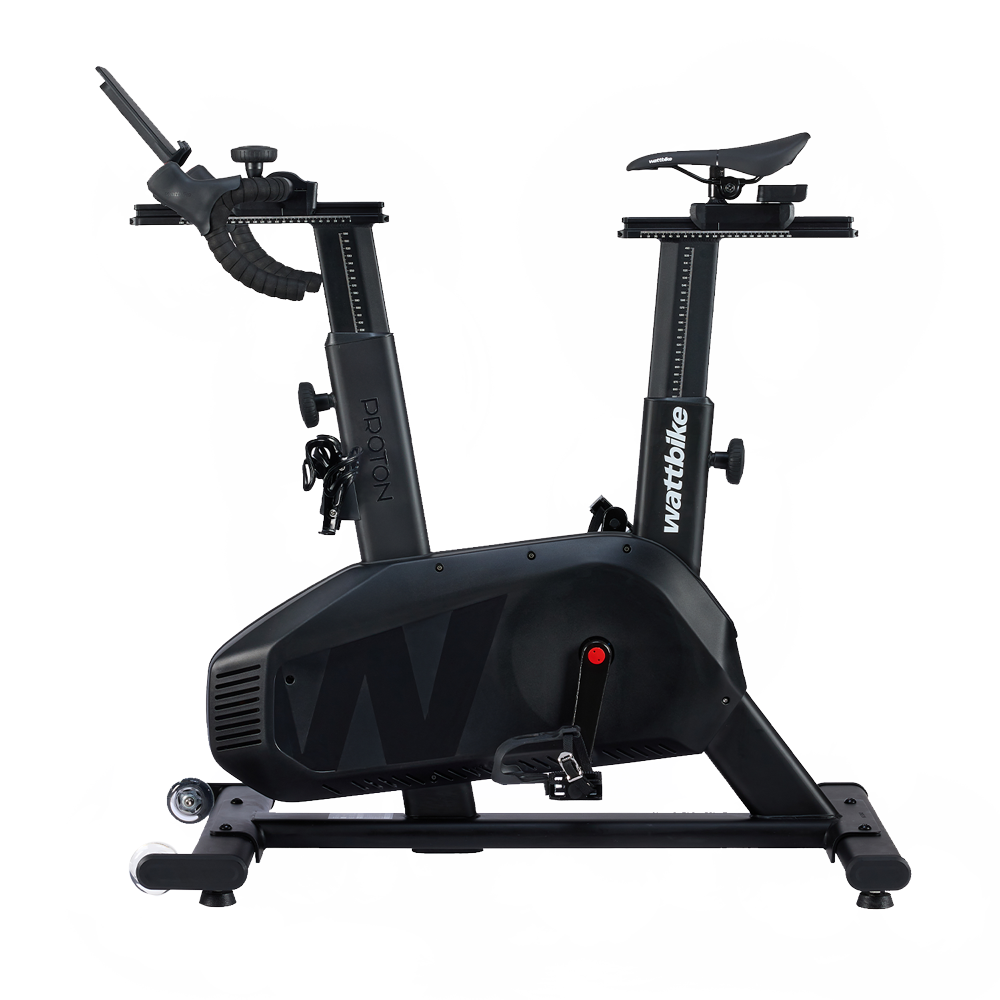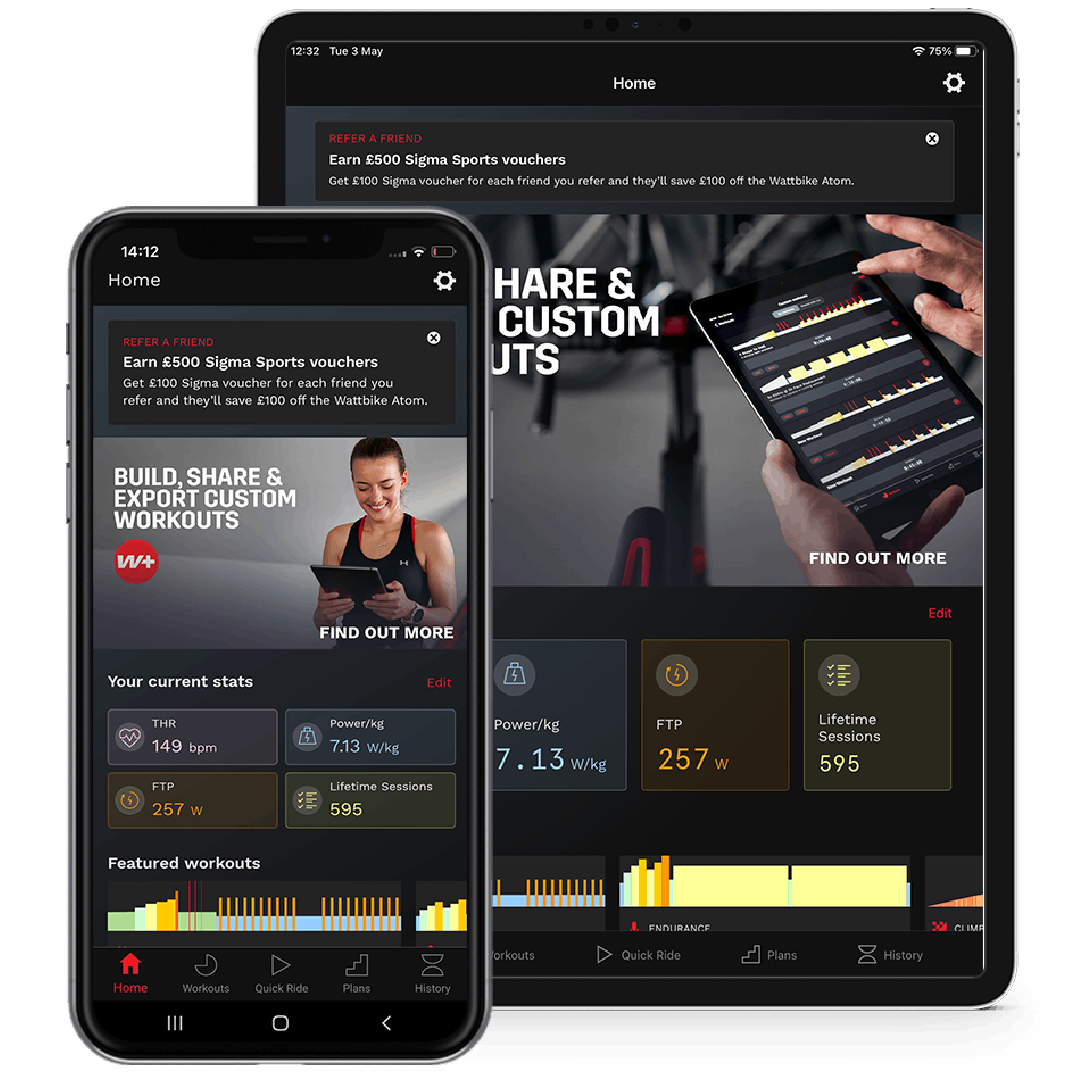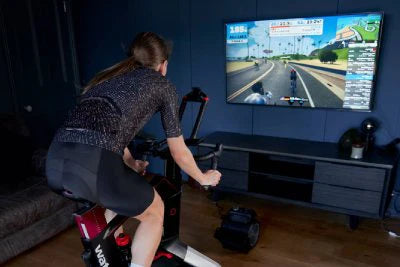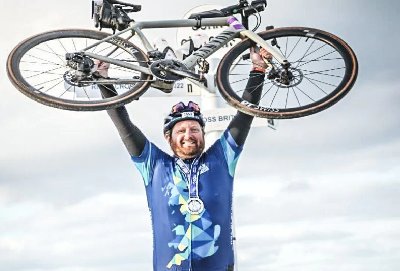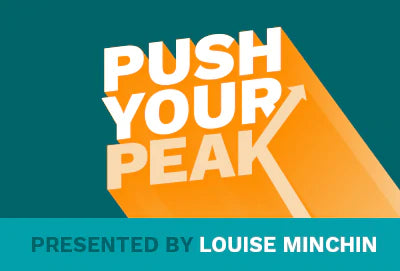Your Cart is Empty
shop
training & apps
support & services
news & information
Adaptation to Overtraining: Why Adequate Rest & Recovery Are Vital for Cyclists
December 04, 2017 4 min read
Every cyclist worth their salt knows that recovery is as important as training but why is time off the bike so important, and what’s happening to your body during down time? Here, we explain why every cyclist should sometimes take their foot off the gas…
· How much recovery is enough?

Why Should Cyclists Rest & Recover?
The idea behind rest and recovery is that after training your body needs time to return to its normal, physiological state. Falling asleep on the sofa after a hard cycle ride, race, or event, is par for the course and is really nothing to worry about. But, if the next time you get on your bike you’re hampered by sore legs, a lethargic body and even a tired mind, you’ve probably not had sufficient rest. It takes time for the physiological after-effects of exercise - your cardiac function, your blood glucose, the production of metabolic enzymes and even your body temperature - to return to normal and this is why time out is vitally important.
“Recovery after training is about allowing the body to repair and rebuild the proteins that we’ve damaged through use,”says Andy King of Leeds Beckett University. When you train, the stress that you place on your body elicits a raft of physiological adaptations. By gradually increasing the intensity or duration of that stress, your body adapts and you gain muscle strength, or aerobic endurance, but only if you include sufficient rest.
“If we recover properly, our bodies rebuild to a better position than they were previously. It’s this cycle of breaking down and repairing that allows us to train at a higher volume, or intensity, without detrimental effects,”says King.
How Long Does it Take to Recover?
How long it takes for the body to return to normal, pre-training functioning, varies from person to person and is dependent on many factors, including the level of training stress, how tired you were before you got on your bike and your body’s ability to deal with physical and psychological stressors - never underestimate the impact of a stressful week at work.
According to King,“The recovery time from cycling can be relatively quick, particularly compared to weight-bearing exercise like running, which is why you should in theory be able to ride your bike every day. However, this is not the case if your training involves sprinting, intervals or HIIT sessions or anything where you are applying a high load”.
Bishop et al., (2007) define recovery as the ability to meet, or exceed, performance in an activity. Put simply, if you feel fresh, able and motivated to train again as hard or harder than before, you’re probably on the road to recovery. However, if you feel signs of fatigue, muscle soreness or disinterest at the thought of getting on your bike, it’s worth holding off and putting your feet up, for a while at least.
Former world road race champion Lizzie Deignan knows the value of recovery,“Trying to train a tired body is a fruitless task. You will only improve if you allow your body and mind to adapt to the training load and this takes time and patience. 'Listening to my body' is something I have taken years to understand, but once you are able to find the balance between work and rest you make massive improvements.”

How Much Recovery is Enough?
Working out how much recovery you need is fundamental to being a better cyclist. Too little recovery and you’ll find it hard to make gains but equally, too much time spent on the sofa or in the coffee shop eating cake, and your cycling will start to flatline.
Data can be useful in working out if you’re physiologically ready to train - an elevated resting heart rate is one sign that you’re not fully recovered - but there’s also great value to being in tune with your body and a little mindfulness can go a long way.
“The line between recovery and productive training is different for everybody…as I have matured as an athlete I have realised that I don't need [to ride] as many 'hours' as others and I react better to more intensity but also more rest,”says Deignan.
Recovery itself takes many forms, from very low intensity recovery rides, to complete days off the bike but one of the most important aspects of recovery is quality sleep.“High quality sleep is essential to recovery (it’s why Team Sky take their own mattresses to hotels), closely followed by adequate nutrition - which means eating enough good quality, nutrient dense food,”says King. And, as with training, when it comes to sleep consistency is the key. Developing a regular sleeping pattern will ensure you’re getting a block of quality recovery time each day.
Signs of Overtraining
But overtraining isn’t just something that affects elite riders; even at low training volumes it’s possible to become depleted through insufficient rest but it’s not always easy to recognise when you need to step back.
“The challenge with overtraining, or ‘non-functional overreaching’, is that some of the things that create a training stimulus, like muscle soreness or fatigue, are also signs of overtraining. Having sore legs and feeling tired aren’t necessarily signs that you’re over trained but, if you have sore legs every day or you’re repetitively falling asleep at work, it’s likely that you’re getting there,”says King.
And whilst the signs of overtraining are different for every cyclist, there are some common symptoms to look out for, such as frequent colds, a consistently elevated resting heart rate and muscle soreness that just won’t go away. On the bike, you might find it harder to produce a given power output, or that your heart rate is higher than usual. Mood changes, loss of appetite, and feeling lethargic and void of energy are common red flags too.
The stresses of life can also contribute to the inability to recover too – if you’re working long hours, dealing with the stresses of family life and swapping take aways for nutritious meals, you won’t recover enough to train properly. And if you feel wedded to your bed every morning and have little motivation to train, take some time off and simply wait for your mojo to return. You’re guaranteed to feel better for it.
Also in Training

Balancing the Gym With Off-Feet Conditioning
December 18, 2025 5 min read
Building lasting fitness isn’t about training more - it’s about training smarter. We want tog ive you the tool toStart Strong, Stay Strong this 2026 and explain how to balance gym-based strength training with off-feet conditioning, to create a structured weekly routine that supports performance, recovery, and consistency. Whether you train three, four, or five days a week, this guide shows how the right training split helps you build strength, improve cardiovascular fitness, reduce injury risk, and maintain momentum throughout 2026 with a plan you can actually stick to with your Wattbike.

Motivation vs Discipline: How to Build Training Habits That Last All Year
December 17, 2025 4 min read
Motivation alone won’t make 2026 your strongest training year - consistency and structure do. Start Strong, Stay Strongexplains how building sustainable habits, using structured training plans, and relying on repeatable routines can help you train consistently, even when you don’t feel like it. From planning sessions like work appointments and setting SMART micro-goals to habit stacking and following structured Wattbike Hub programs, this guide shows how discipline, not willpower, turns intention into action, helping you improve fitness, endurance, and performance all year long.

The Best Nutrition Habits for Consistent Training in 2026
December 17, 2025 4 min read
Making 2026 your strongest year starts with building simple, sustainable nutrition habits that fuel consistent training, recovery, and performance. This guide shows how balanced meals with protein, carbohydrates, and healthy fats. Before, during, and after workouts - support energy, muscle repair, and long-term progress, whether you’re cycling indoors, strength training, or mixing both. With practical tips on weekly meal planning, habit-building, and optional supplements, you can remove guesswork, stay consistent, and ensure your training efforts pay off all year long, helping you Start Strong, Stay Strong in 2026.
Get the latest!
News, training tips, offers and more, straight to your inbox.




